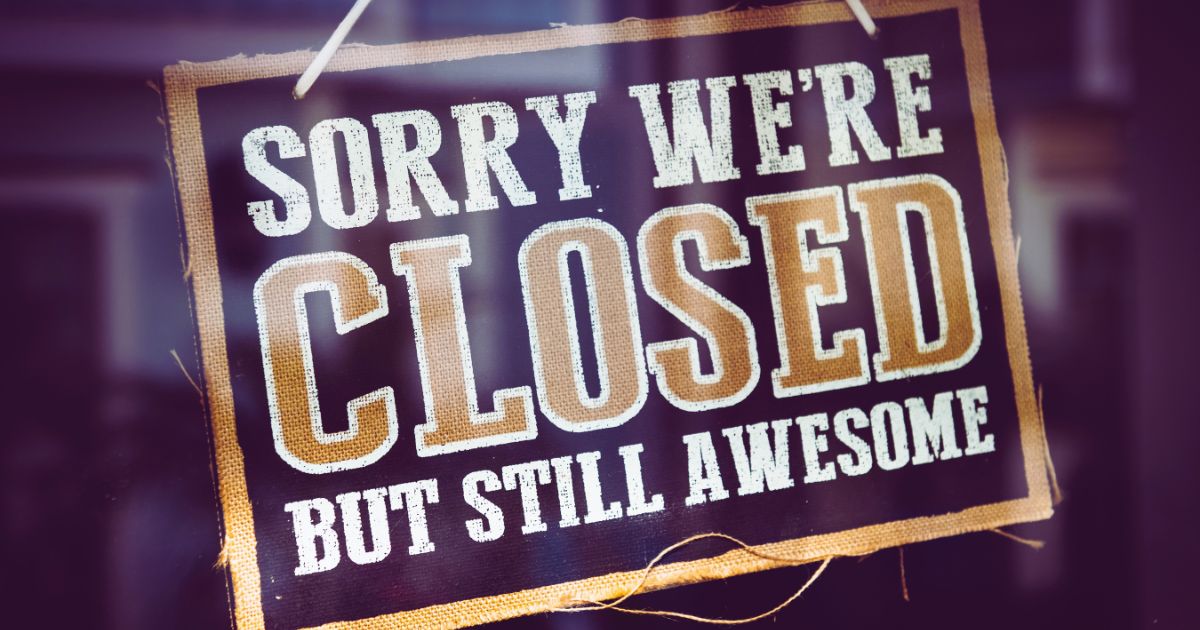
Whether you are looking for funding or specialised finance, traditional finance institutions will assess the risk of lending you money. One of the factors lenders look at is your credit record, with many not prepared to consider funding a small business if the business or the business owner has a bad credit record.
Nedbank’s guide, ‘The Essential Guide for Small-Business Owners’, offers some answers.
How Do You Get A Bad Credit Record?
It can happen that you are unaware of a bad credit record until you apply for credit. In this instance you might be faced with the fact that one of your accounts (or the account of a person for whom you have signed suretyship) had not been settled and gone ‘bad’, or even that you were the victim of identity theft.
It may also be the result of a dispute with a service provider about incorrect billing, and because you are not willing to pay until the dispute is resolved, your credit rating might have been negatively affected. In case of a dispute, you should confirm with the service provider that your credit record will not be adversely affected while it is being settled.
How Does It Impact A Business?
An adverse credit record finding against either the business or business owners will make it harder to get funding. To lenders, bad credit scores mean there is a high risk of the loan not being paid back.
How Much Outstanding Debt Can Result In A Bad Credit History?
Even small outstanding amounts or late payments can lead to a negative credit record.
How Can You Check Your Credit History?
You are entitled to one free credit report every year. Check out websites that record your credit or call any of the credit bureaus. You can also contact either Experian or TransUnion to obtain a copy of your credit records.
How Can I Fix My Bad Credit?
The best place to start is to find out which credit provider had placed the adverse information with the credit bureau and request the information about the outstanding debt, as well as the best approach to correct the situation.
This may sometimes require the intervention of an attorney and lead to legal costs. If you omitted to pay the outstanding account, you will be required to settle the debt.
While it can take a couple of weeks (or even months) for your credit record to be cleared, banks typically accept relevant information from the organisation with whom you had the dispute as proof that the underlying problem has been resolved. They will then be able to proceed with an application for credit in the meantime.
Where Can I Find Lenders Willing To Fund Business Owners With A Bad Credit Record?
Finfind Access to Finance portal provides a list of lenders who might consider funding entrepreneurs who have a bad credit record. These include friends and family, angel investors, niche lenders and government grants, among others.
















